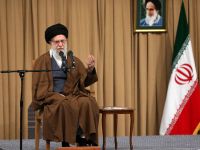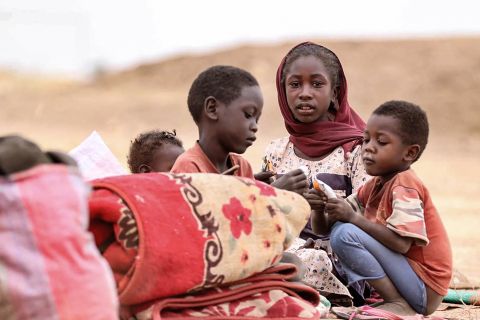The Saudi American Bank (SAMBA) retained the leading position among the top 25 banks in the Gulf Cooperation Council (GCC) and Levant region in the year 2001, with $2.57 billion in capital, according to a report recently published by the Gulf Banking Consultants (GBC), a UK incorporated management consulting firm.
Riyad Bank gained a very close second place with $2.56 billion in capital, followed by the Arab Bank Group of Jordan with $2.35 billion capital. Al-Rajhi Banking and Investment Corporation took fourth place, making three out of the top five banks Saudi institutions. The Arab Banking Corporation (ABC) took fifth place in the top 25 ranking.
The size of the top five ranked players remain unchanged during 2001. Unlike rankings among top international banks that change frequently due to mergers and acquisitions, the GCC banking sector remained largely unchanged. A key exception was the merger between SAMBA and United Saudi Bank in 1999 that catapulted the combined bank to its current leading position in the ranking.
The report concludes that the market position of some of the key players in the Top 25 would be jeopardized as competition intensifies with the gradual liberalization in the GCC financial services sector and the very survival of some of the smaller players could be at stake.
The analysis by GBC confirms that size alone does not necessarily indicate a bank's ability to deliver top financial performance. The largest five banks have posted significantly different financial performance during 2001. SAMBA set the benchmark with a return on equity (ROE) of 22.7 percent thereby showing other banks how it is possible not only to be the largest, but also the most profitable bank.
The Arab Banking Corporation had the lowest ROE of 5.3 percent and Arab Bank Group was not far behind at 19th position with an ROE of 11.1 percent. Despite its size and large market share, Riyad Bank only generated an ROE of 14.4 percent that puts the bank in the middle of the ranking table on 13th position.
In contrast, Saudi Hollandi and Kuwait Finance House (KFH) show how it is possible to deliver top quality financial performance notwithstanding their relatively small size. In spite of being almost a quarter of the size of SAMBA in terms of capital, Saudi Hollandi gained second position with an ROE of 22.6 percent that was only marginally different from SAMBA's 22.7 percent. KFH gained third position with an impressive 22.5 percent ROE in spite of its relatively small size. — (menareport.com)
© 2002 Mena Report (www.menareport.com)








